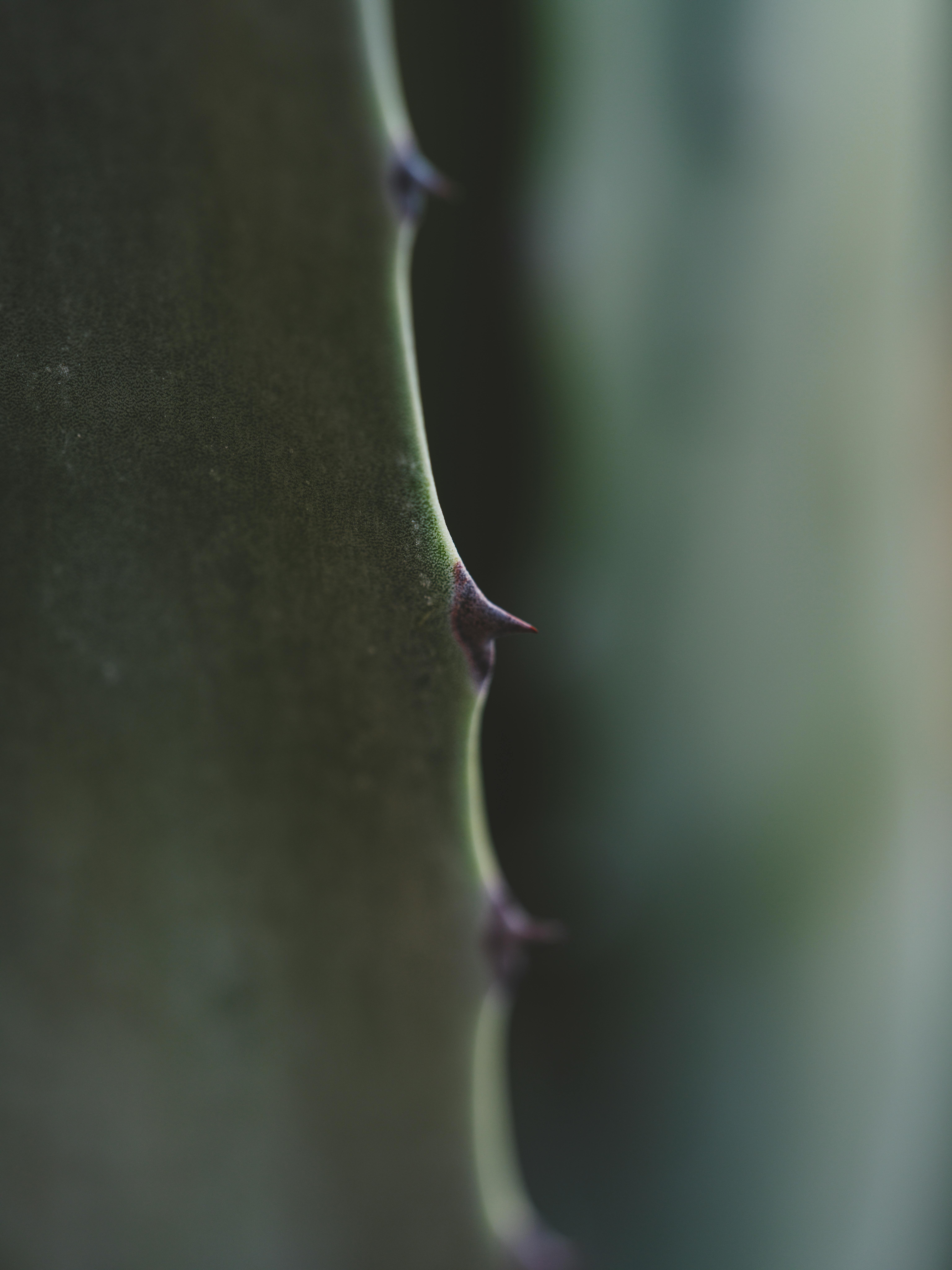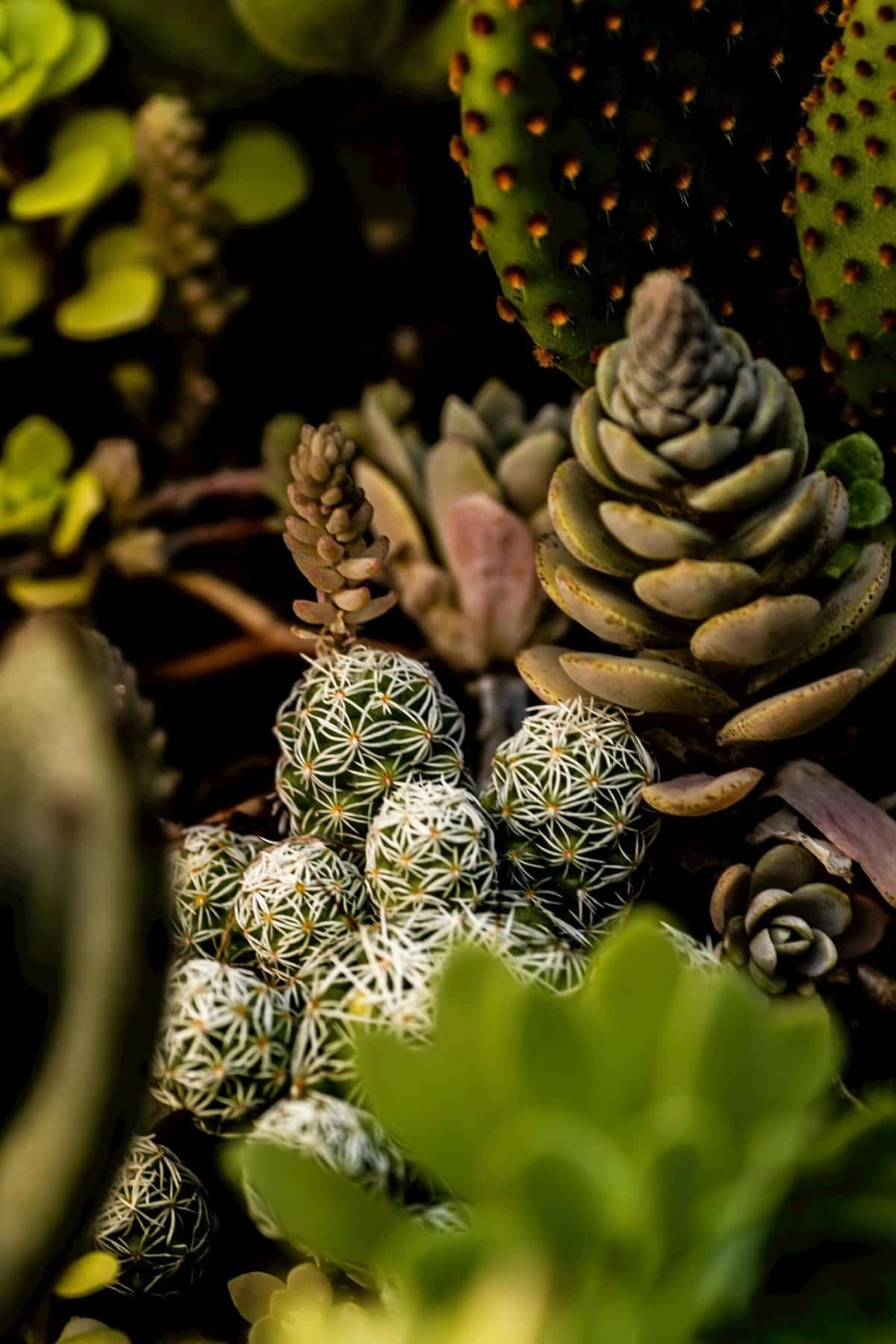Have you ever wondered if a humble plant can play a significant role in reducing the risk of cancer? Well, you’re about to embark on an enlightening journey to discover how the Nopal cactus might be that unexpected ally in your pursuit of health. The topic of cancer prevention is complex, but delving into the potential benefits of this unique cactus opens a window into the miraculous synergy nature offers in nurturing our bodies.

Understanding the Nopal Cactus
What is the Nopal Cactus?
The Nopal cactus, also known as prickly pear, is a plant native to the Americas. It belongs to the genus Opuntia, comprising various species known for their fleshy, paddle-shaped leaves adorned with sharp spines. You might have seen this cactus dotting arid landscapes or even incorporated into culinary traditions across Mexico and other regions.
Traditional Uses and Nutritional Profile
For centuries, the Nopal cactus has been celebrated not only for its distinctive appearance but also for its culinary and medicinal applications. Traditionally, it has been used to treat various ailments such as inflammation, diabetes, and digestive issues. From a nutritional standpoint, it is a powerhouse containing fibers, vitamins, minerals, and antioxidants.
Link Between Nopal Cactus and Cancer Prevention
Antioxidant Properties of Nopal Cactus
One of the primary benefits associated with the Nopal cactus is its rich antioxidant content. Antioxidants are crucial in warding off the oxidative stress inflicted by free radicals in our bodies, which is linked to cellular damage and cancer development. The Nopal cactus, packed with flavonoids, ascorbic acid, and phenolic compounds, acts as a shield protecting your cells from such damage.
Anti-Inflammatory Effects
Chronic inflammation is recognized as a significant player in the progression of various types of cancer. Fortunately, the Nopal cactus might offer a natural remedy. The bioactive compounds within this plant exhibit potent anti-inflammatory properties, potentially reducing chronic inflammation and thereby decreasing cancer risk.
Fiber Content and Digestive Health
Dietary fiber is an unsung hero in cancer prevention, particularly in reducing the risk of colorectal cancer. Nopal cactus is a valuable source of dietary fiber, promoting a healthy digestive tract by enabling regular bowel movements and a balanced gut microbiome. Supporting your digestive health can be instrumental in minimizing malignancies associated with the digestive tract.

Scientific Studies and Findings
Research on Nopal Cactus and Cancer Cell Inhibition
Scientific curiosity has spurred various studies investigating the potential cancer-fighting properties of the Nopal cactus. Findings from some of these research endeavors suggest that certain extracts from the cactus exhibit inhibitory effects on cancer cell proliferation. This hints at the potential of the cactus in complementing cancer treatments or as a preventative measure.
Table: Select Studies on Nopal Cactus’ Effect on Cancer
| Study | Focus | Results |
|---|---|---|
| A study by XYZ University | Examined the impact of nopal extract on breast cancer cells | Found reduced cell proliferation in vitro |
| Research conducted at ABC Institute | Evaluated antioxidant properties in relation to stomach cancer | Significant reduction in oxidative stress markers |
| Clinical trials at DEF Hospital | Investigated the effects on prostate cancer | Marked decrease in inflammation-related markers |
Limitations of Current Research
While promising, it’s essential to recognize the limitations present in current research. Many studies are preliminary, often conducted in vitro or on animal models. Comprehensive clinical trials on humans are necessary for conclusive evidence. Thus, while there’s potential, it’s prudent to remain cautious and not regard the cactus as a standalone treatment.

Integrating Nopal Cactus into Your Lifestyle
Culinary Uses and Recipes
Adding Nopal cactus to your diet can be a delightful way of harnessing its benefits. Commonly found in Mexican cuisine, the cactus can be eaten raw in salads, cooked in stews, or juiced for a refreshing drink. Experimenting with recipes not only adds variety to your meals but also fortifies them with nutrients.
Supplement Form
If you’re not keen on its culinary use, Nopal cactus supplements are available. Typically found in powder, capsule, or extract form, these supplements offer a convenient option. However, remember to consult a healthcare professional before introducing any new supplement to your regimen, especially if you have existing health conditions.

Precautions and Potential Side Effects
Possible Allergies and Interactions
As with any natural remedy or supplement, it’s vital to be aware of potential allergies or interactions. Some people might experience allergic reactions to Nopal cactus, presenting symptoms like itching or swelling. Furthermore, it may interact with medications, particularly those for managing blood sugar and diuretics.
Recommended Dosage
While there’s no universally set recommended dosage for Nopal cactus, moderation is key. Following instructions on supplement labels and seeking professional medical advice can prevent potential side effects and ensure safe consumption.

Conclusion: A Natural Ally in Cancer Prevention?
Nopal cactus, with its wealth of antioxidants, fibers, and anti-inflammatory compounds, presents a promising natural addition to a cancer-preventative lifestyle. While the burgeoning research offers hope, it’s wise to incorporate this cactus as part of a balanced diet and a healthy lifestyle rather than as a magical cure. Pairing the Nopal cactus with regular screenings and medical guidance can better align you in the proactive stride against cancer.
So, can the Nopal cactus help in reducing the risk of cancer? Based on what we know, the potential is there, waiting to be fully unraveled. Keeping yourself informed and maintaining open channels with healthcare providers can transform possibilities into practical benefits.

